
“By bringing out and exploring the whole story, we think our Nation will be stronger. We also think that sunlight is the best disinfectant. Our nation is not split or demoralized.” These hearings are not a sign of weakness in our democracy, but its strength.” Those are the words of Senator Daniel Inouye during the Iran-Contra hearings that ring loud today, as Congress is again dealing with another tempest of public outcry and political posturing this time regarding the subpoena of Ghislaine Maxwell and the fate of the unpublished Epstein files.

1. The Maxwell Subpoena: A Flashpoint for Accountability
A new burst of political passion swept across Capitol Hill as Representative Tim Burchett brought forward a resolution to subpoena Ghislaine Maxwell, who is serving 20 years for her part in Jeffrey Epstein’s crimes. “We have to send a message to these dirtbags,” Burchett said, focusing on the mystery network thought to be identified in the undisclosed Epstein records. His haste is evident: “It’s four years and we don’t need to tolerate this stuff any more.” The House Oversight Committee, under James Comer’s leadership, acted quickly, with a spokesperson affirming intentions to subpoena Maxwell “as expeditiously as possible” and discuss with the Department of Justice and Bureau of Prisons how to schedule her testimony. This is a unusual moment of bipartisan pressure for disclosure, with both Democrats and Republicans clamoring for information about who sanctioned Epstein’s abuse and what remains hidden.
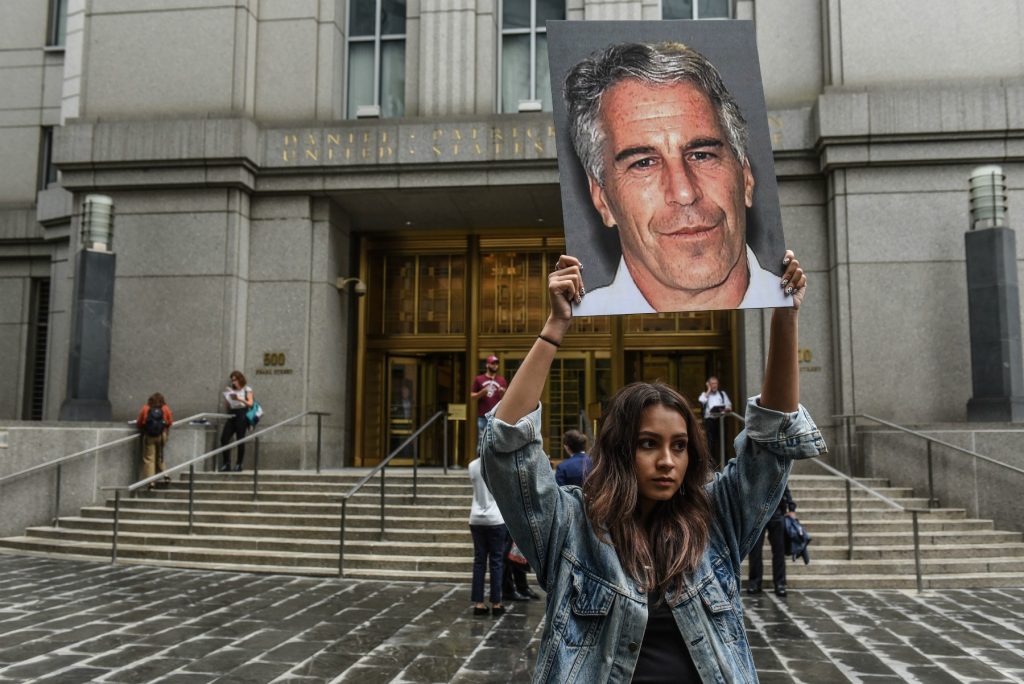
2. Political Fallout: Early Recess and Stonewalling Accusations
Just when disclosure momentum had reached a fever pitch, House Speaker Mike Johnson abruptly closed the legislative session, sending lawmakers home a day early for summer recess. Johnson insisted, “We’re not going to play political games with this,” but the optics were unmistakable: a chamber grinding to a halt, with Epstein-related votes tabled and regular business upended. Lawmakers like Rep. Thomas Massie warned, “People are becoming despondent, they’re apathetic. Why would they go vote if they gave us the House, the Senate and the White House, and the transparency and justice they were promised doesn’t happen?” The adjournment decision only stoked cover-up suspicions and intensified public frustration, as indicated by growing criticism from both sides of the aisle.

3. The Legal Chessboard: Judge Engelmayer’s Demands
Meanwhile, the judiciary is calling for clarity. Judge Paul Engelmayer directed the Trump administration to submit detailed legal rationales for unsealing grand jury testimony from Maxwell’s prosecution.” He highlighted the importance of “why disclosure is being sought in the particular case” and “what specific information is being sought for disclosure.” The memorandum of the government is due by July 29, and Maxwell and the victims need to indicate their positions by August 5. Such judicial review is representative of a larger dilemma: weighing the right of the public to know against the legal safeguards of the parties. As Maxwell’s lawyer David Oscar Markus explained, “Ghislaine will always testify truthfully.”
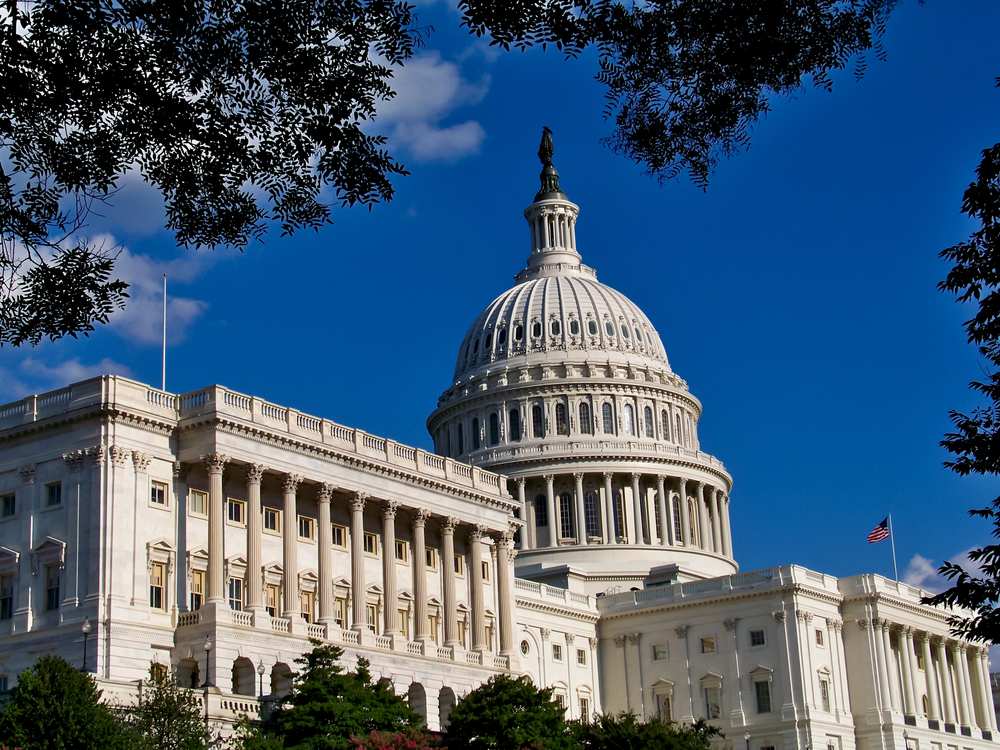
4. Congressional Oversight: Power, Limits, and Precedent
Congress’s power of investigation is broad but not unlimited. The Supreme Court has established that “the power of inquiry with process to enforce it is an essential and appropriate auxiliary to the legislative function.” Constitutional protections particularly the First and Fifth Amendments, do, however, apply to witnesses such as Maxwell. The Court has held that “the degree to which the First Amendment may be used as a defense against a congressional inquiry will depend upon the vigor of the committee’s legislative purpose.” And, as history attests, relying on the Fifth Amendment may shield witnesses against self-incrimination, so long as the privilege is firmly asserted. Congressional subpoenas have driven big investigations from Watergate to Iran-Contra, putting the strength of oversight to the test against executive obstruction and public criticism.
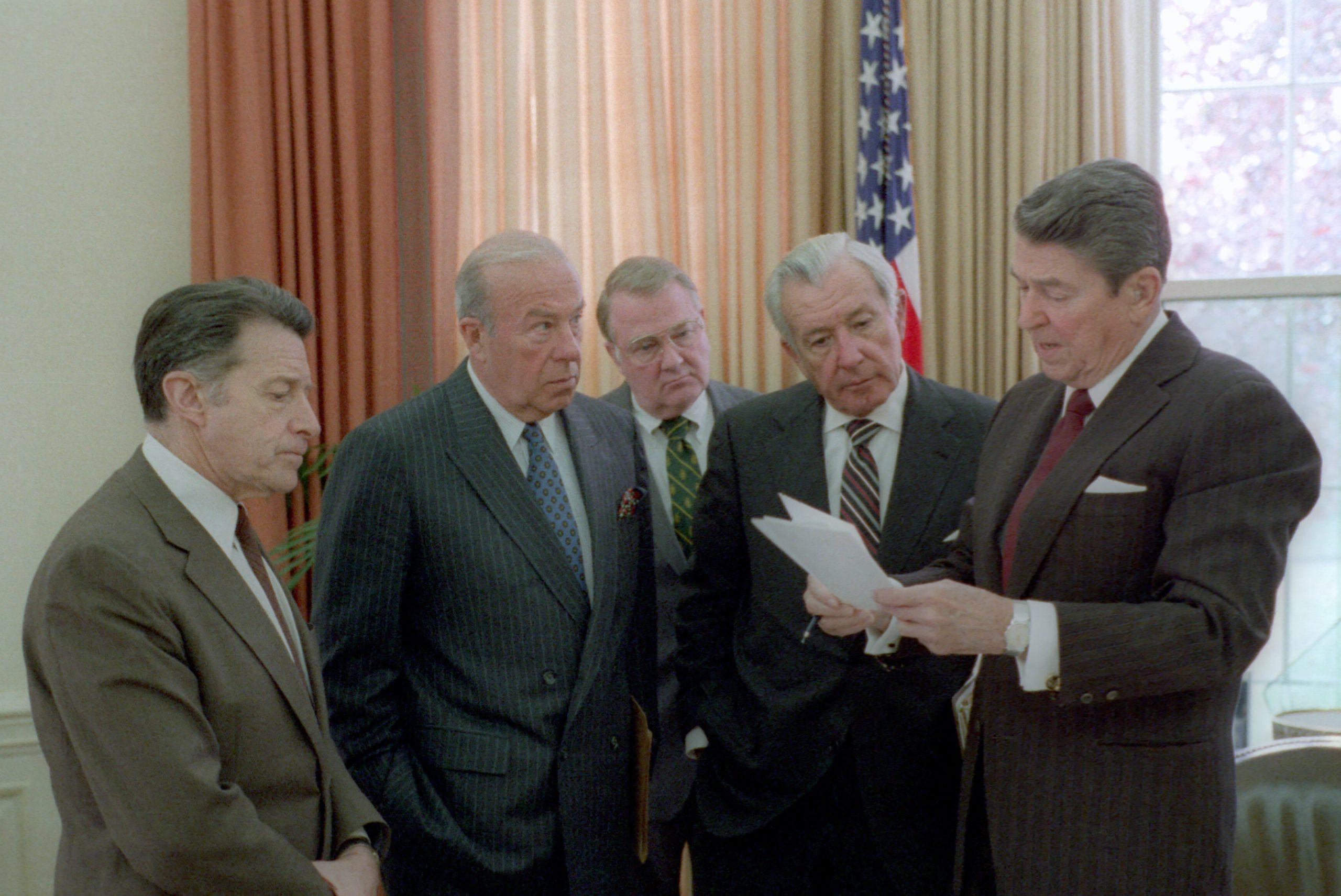
5. What Watergate and Iran-Contra teach us about Maxwell
The Maxwell subpoena isn’t taking place in a vacuum. The Watergate and Iran-Contra scandals serve as a reminder that congressional investigations can upset the foundations of government and the trust of the public. In Iran-Contra, Senator Inouye demanded, “These hearings do not represent our democracy’s weakness, but its strength.” The televised hearings and eventual document release, even in the face of stonewalling and shredded documents, ultimately hardened democratic norms. Transparency, even when it hurts, is the path to healing and reform. Today’s struggle over the Epstein files is part of that legacy a test of whether Congress will seize the moment or fall back into partisan gamesmanship.

6. Navigating Political Fear: Remaining Grounded in the Storm
For politically active citizens and journalists, the emotional cost of high-profile investigations can be palpable and enduring. The endless news cycle, social media fury, and feeling of injustice can be a source of anxiety, exhaustion, and even despondency. Experts advise simple measures: avoid sensational reports, find fact-based reporting, and take a break from confrontational debates as necessary.

As Dr. Michelle Riba counsels, “If it’s making you anxious or depressed, try to determine from what sources you can reduce the intake.” Equitable, respectful dialogue and self-care practices such as deep breathing or mindful pauses can restore balance and resilience.
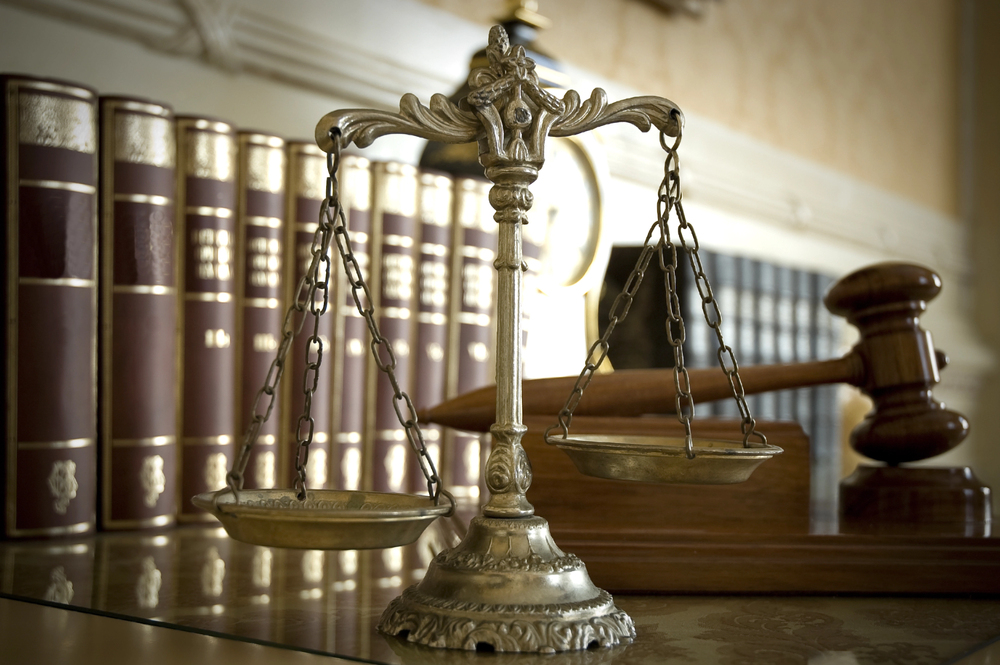
7. Why It Matters: The Bigger Picture for Democracy and Justice
The battle over the Maxwell subpoena and Epstein files is bigger than news headlines or political scorekeeping. It’s a test of whether Congress is able to carry out its constitutional responsibility, whether the public will be answered, and whether the victims will get justice. Rep. Ro Khanna said it best, “It is a simple question. Whose side are you on?
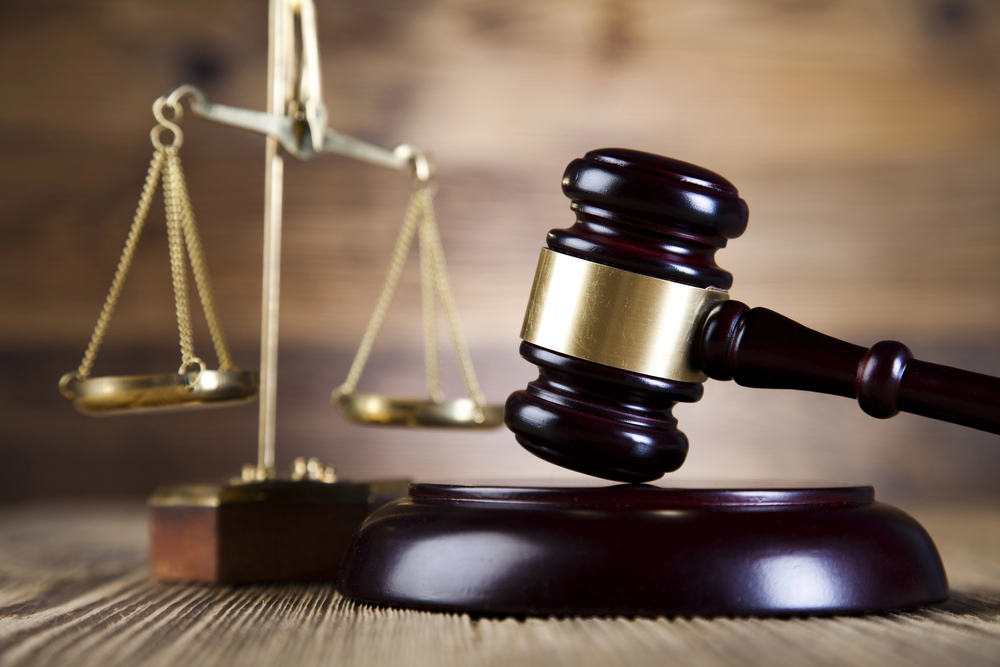
That of rich and powerful men who abused young girls, or America’s children? Whatever the answer, and the path to get there, will determine not only the result of this case, but the public’s trust in democracy itself.”. As the headlines swirl and tempers rage, it’s good to recall that history’s most agonizing inquiries from Watergate to Iran-Contra have ultimately served to make the nation stronger, not weaker. Staying awake, taking care of oneself, and demanding openness are all means to ride out the storm and guarantee that sunlight, in fact, is still the best disinfectant.


